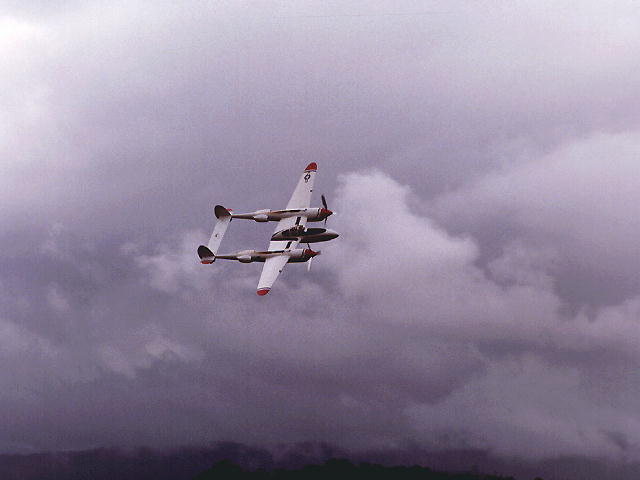Airline Transport Pilot Licence (ATPL) or Commercial Pilot Licence (CPL) is the basic qualification for an Airline Pilot. Qualifying the Ground Subjects and obtaining the required Flight Experience through Flying Training are the two parts of Pilot Training. We help you to clear the ground subjects for ATPL and CPL.
The study of General Navigation starts with Position, Direction, Distance and Time. Mercator, Lamberts and Polar Stereographic Charts would be the next topic. Use of Navigational Computer to solve the Triangle of Velocities would come third. Finally, Climb and Descent Navigation would be discussed.
Aviation Meteorology starts with an understanding of the physical processes in the atmosphere. Interpretation of the Actual and Forecast weather would be next. Ability to understand the aviation hazards by collecting, analysing and evaluating weather information would be the final aim.
Temperature and Pressure Instruments like Altimeter, ASI, VSI, Machmeter and ADC would be first in line. Engine, Gyroscopic and Magnetic Instruments like Turn and Slip Indicator, Artificial Horizon, Directional Gyroscope and Gyro magnetic Compass would be next. Finally we shall see advanced instruments like TCAS, EGPWS, INS and IRS.
Basics of Radio Waves Propagation and Principle of Radar would be first in line. Use of Ground Dirction Finder, ADF, VOR, DME, ILS and MLS would be next. Area Navigation systems and Satellite navigation systems like GPS would be discussed in the final section.
Wing Commander Rajagopal has been a Flight Navigator and a Group Testing Officer (GTO) in the Indian Airforce (IAF). Having served as a Chief Ground Instructor in Flying Schools, he provides Online Training for ATPL and CPL examinations. The officer also provides Online Guidance for students appearing for their SSB Interview.



